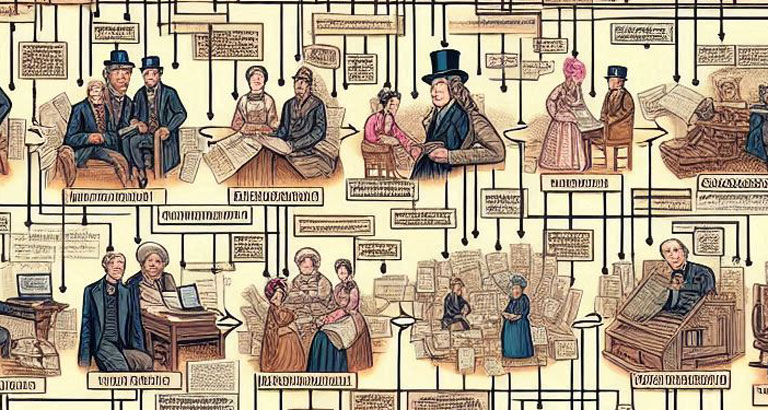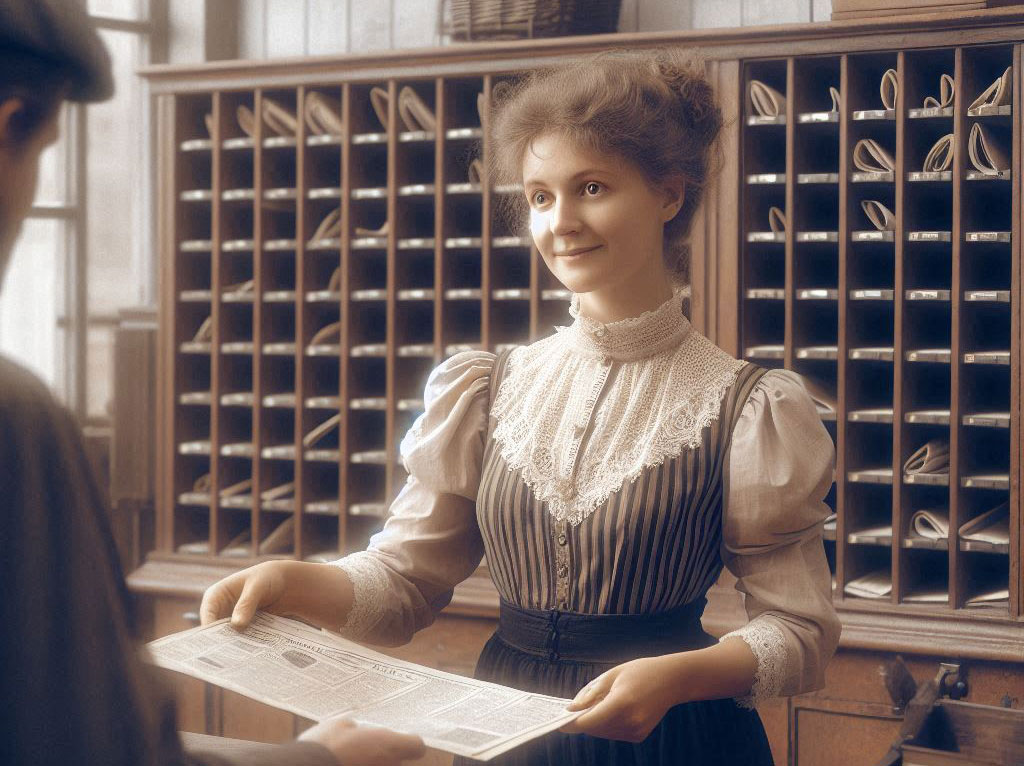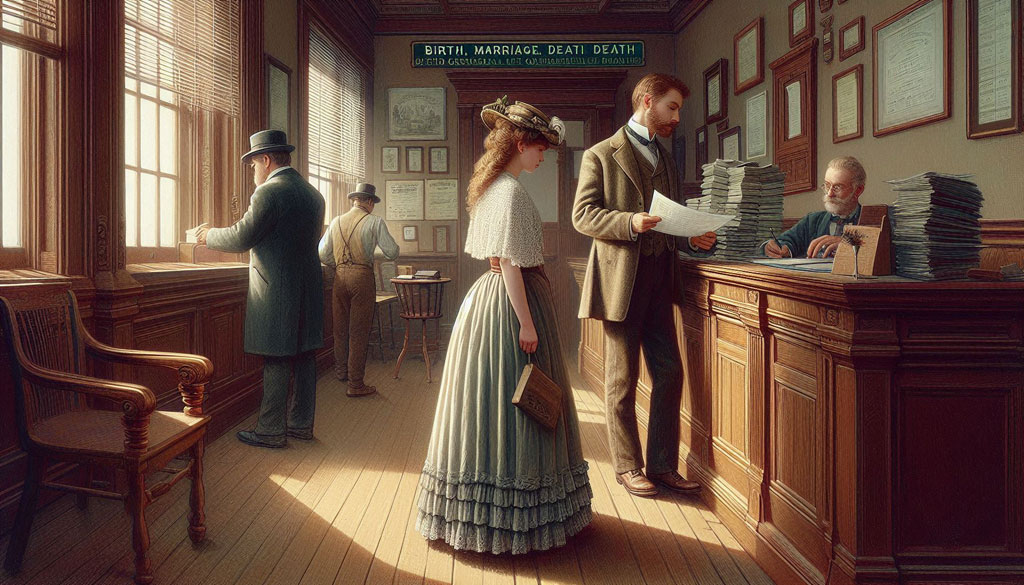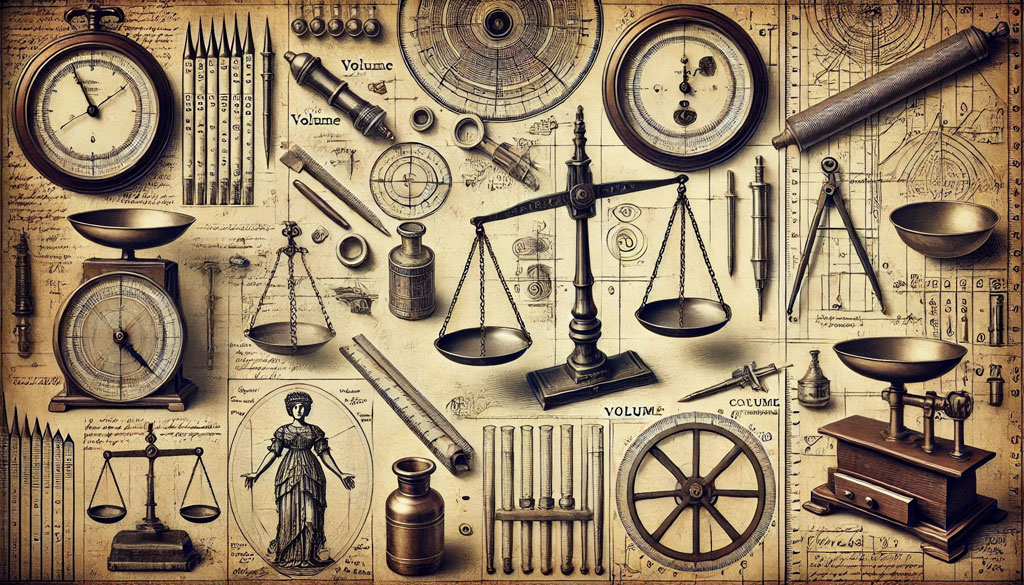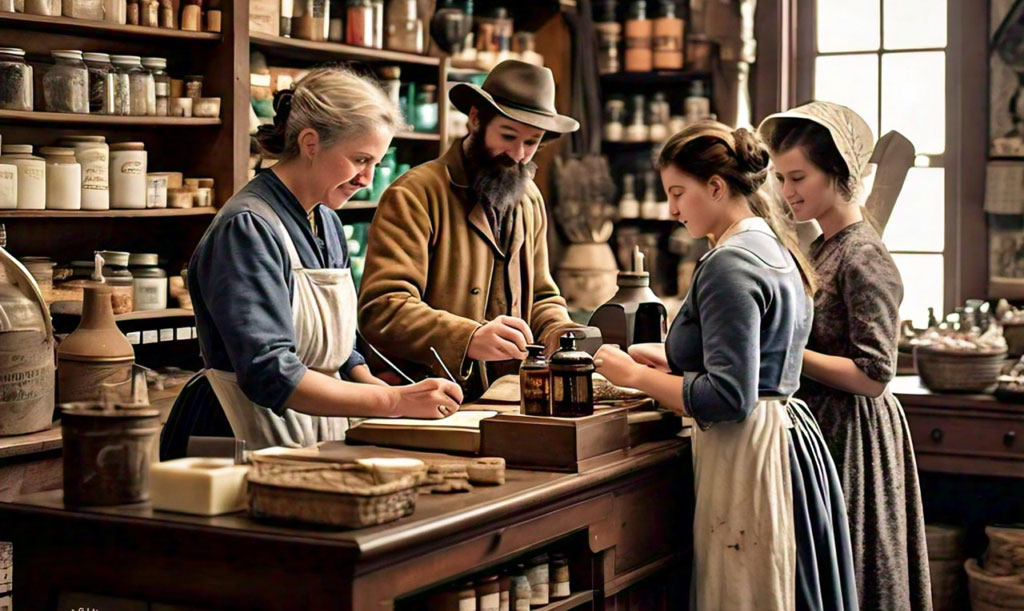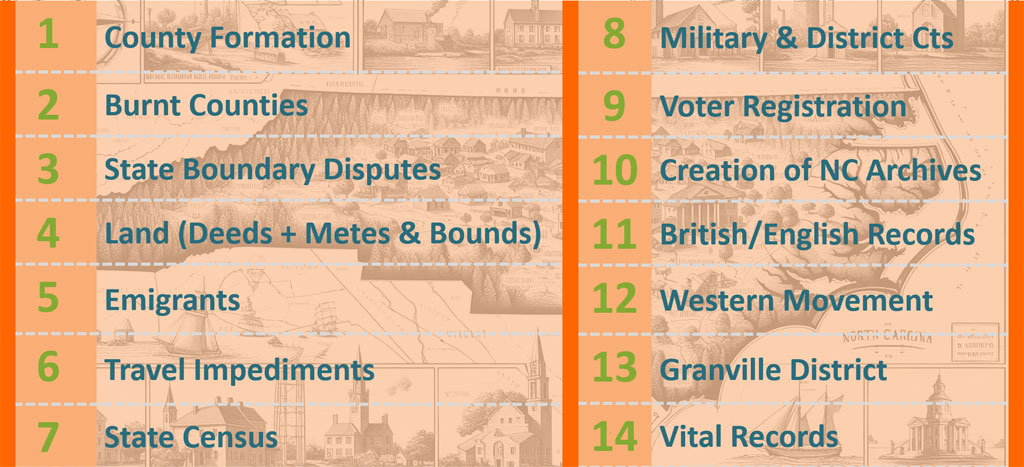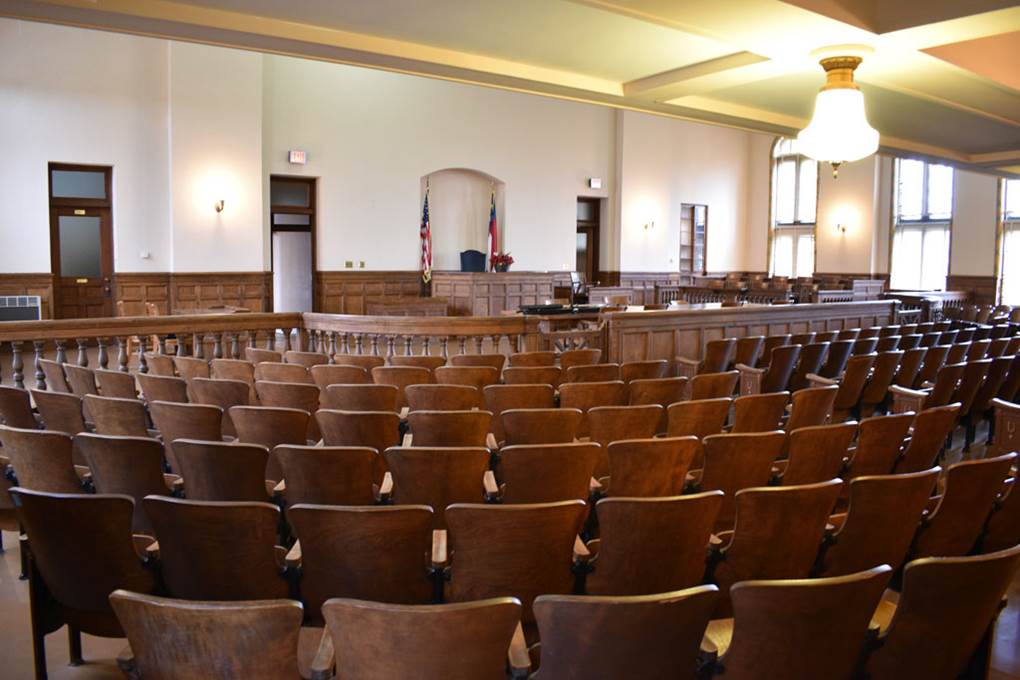Small business/organization ledgers document everyday business transactions that involve our families. This webinar focuses on the many kinds of ledgers created by the types of businesses found in every small town or county where your ancestors lived in the 18th through early 20th century. The talk will highlight where we can locate these ledgers and what we can learn from them. Ledgers place individuals and families in space and time, sometimes give relationship information, document women & children, employees, enslaved, Free Persons of Color (FPOC), etc. You might learn about your ancestors' shoe size, what type of dresses, hats, and formal clothing they wore, what illnesses they were treated for, what newspapers they read, and more. We will explore ledgers from a diverse range of businesses. What are you waiting for? Do not assume that ledgers don’t survive for your ancestor’s community or that your ancestors will not be listed!


